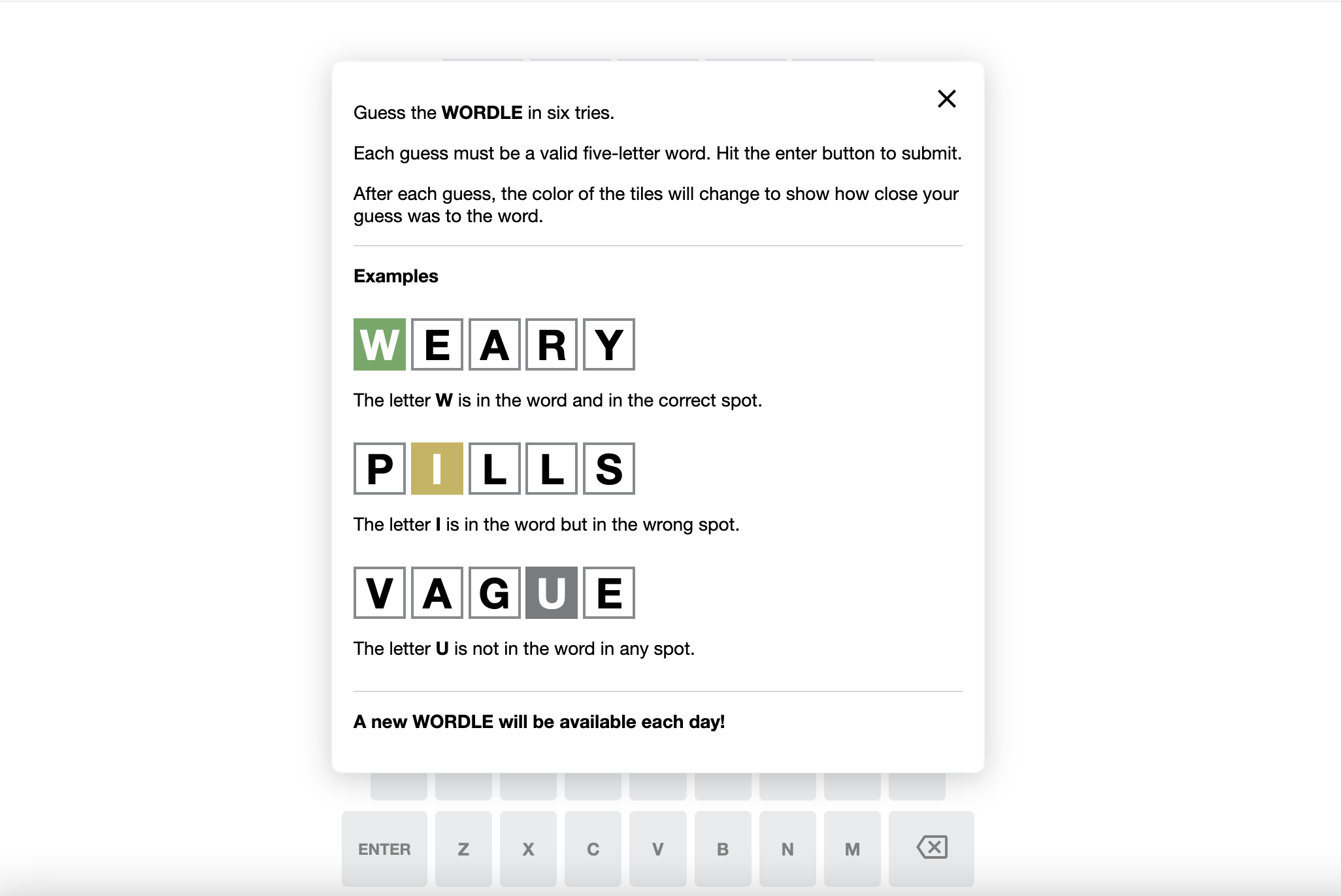Confirmation bias and Wordle

The strongest factors working against us in our effort to make better decisions are our cognitive biases. The most common bias which amplifies our tendencies to look for, evaluate, and remember only the information that confirms our preconceptions is confirmation bias.
Early this year, a word game called Wordle captured the attention of many of us who primarily interface with the world using digital devices and nerd out on word games.
To attract the eyeballs of this Wordle-obsessed audience to their website, The New York Times acquired the game and hosted it on their site. What followed from a large group of Wordle players is a perfect study in the impact of confirmation bias in how we interpret what’s happening even as we experience it in real time.
This thread on Twitter is a worth a read:
This whole "the NYT ruined Wordle!" thing is a great case study in confirmation bias. It also gives us some insight into human nature that helps explain how conspiracy theories work.
— Matthew Shallenberger (@mjshally) February 20, 2022